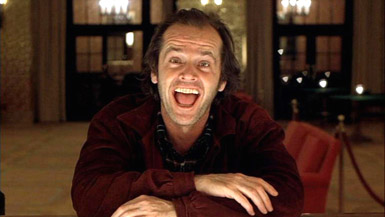|
|
A-List: Five Best Directors of All-Time (Sort of)By J. Don BirnamNovember 13, 2014
3. Stanley Kubrick I hope that as soon as the parameters for this A-List were established, you thought of Kubrick as the obvious choice to make an appearance. With due respect to Altman and Aronofsky, the gap between the fourth and third slots today is gargantuan. Altman may have impressive range in his ability to satire different aspects of society, and Aronofsky is quite imaginative and diverse in his analysis of mental conditions. But Kubrick’s versatility spans genres and time periods, and transcends simple commentary on human nature. From unabashed and controversial criticism of war (In Paths of Glory, my personal favorite, or Dr. Strangelove), to satire and commentary about modern anxieties (A Clockwork Orange), to an epopee to the meaning of life itself and to our collective anxieties to the age old question of whether we are alone out there (2001: A Space Odyssey), Kubrick’s master is arguably unparalleled in the 20th Century. He has been rightly called one of the most influential directors of all time. And in the preceding paragraph I didn’t even touch upon impressive costume behemoths like Spartacus and Barry Lyndon, or one of the all-time horror classics, The Shining. To explore in depth Kubrick’s contributions to cinema - both stylistically (consider his innovative cinematography techniques in Barry Lyndon or 2001) and thematically (witness the cutting commentary of Paths or Dr. Strangelove) - would take hours and pages and pages. Kubrick’s masterful career is perhaps best left to simply be enjoyed rather than discussed - very little anyone could ever say would do real justice to the pure genius of his work.
|

|
|
|

|
Friday, April 19, 2024
© 2024 Box Office Prophets, a division of One Of Us, Inc.


